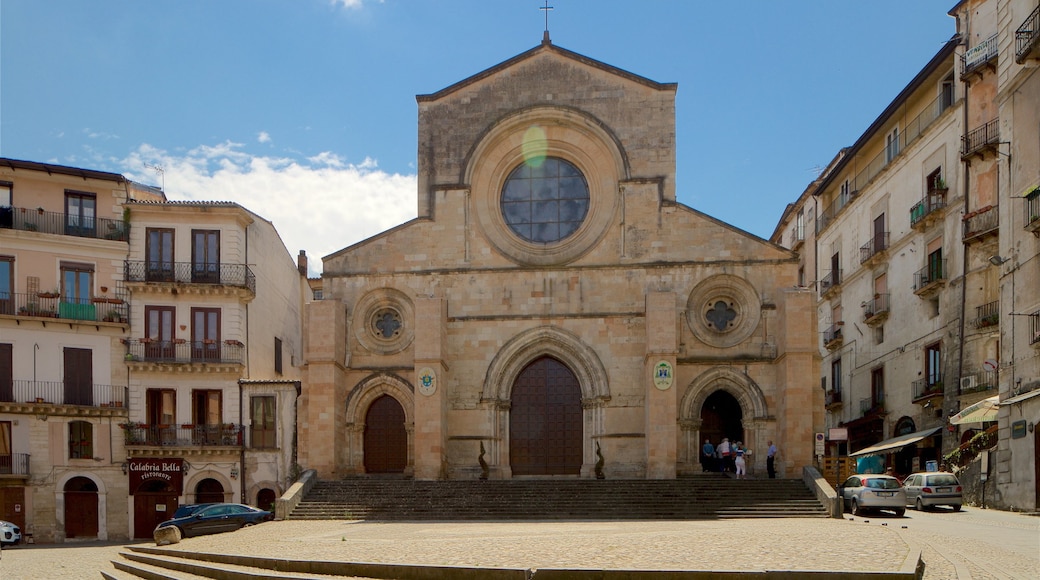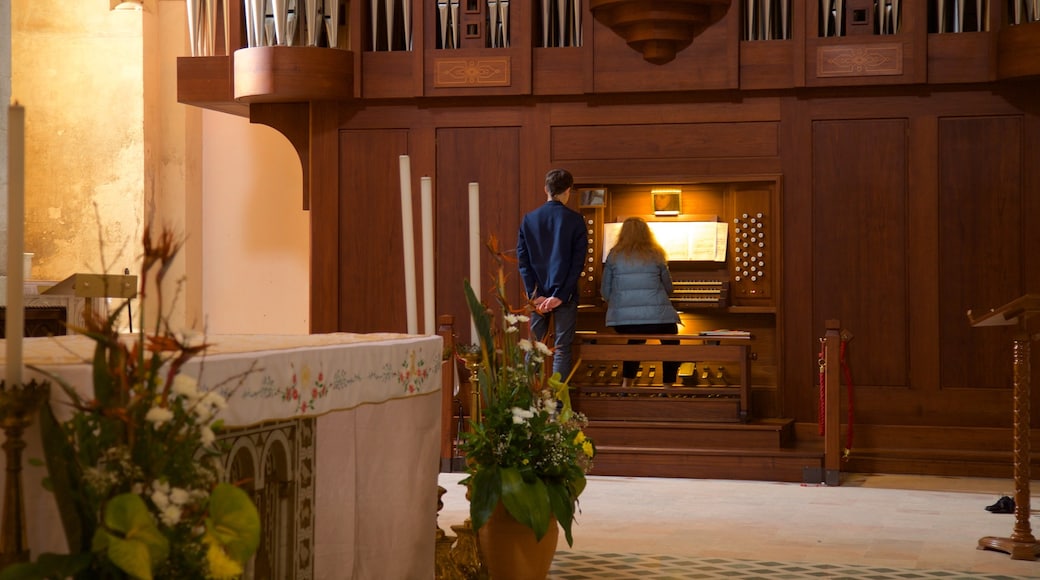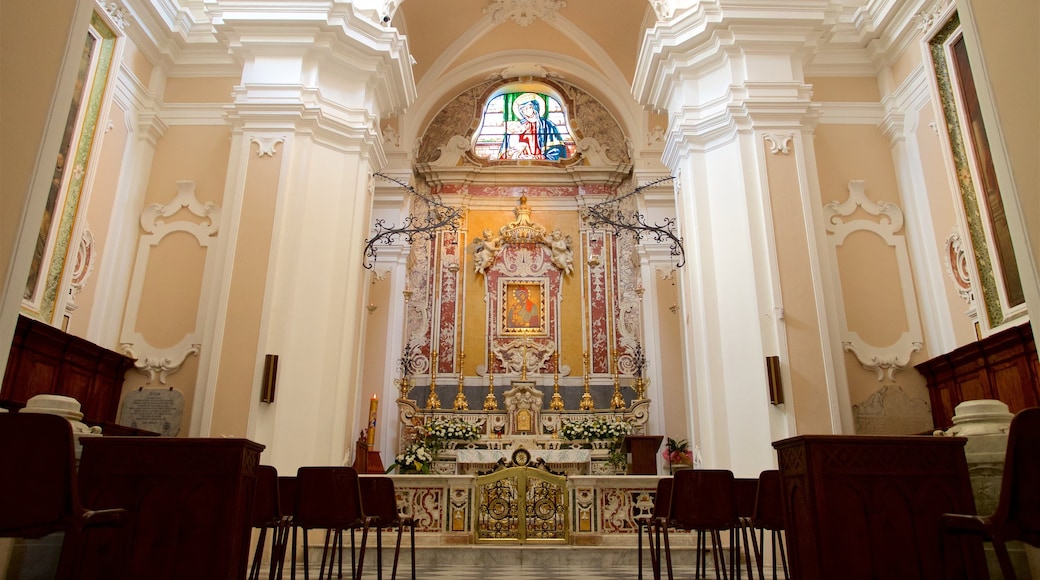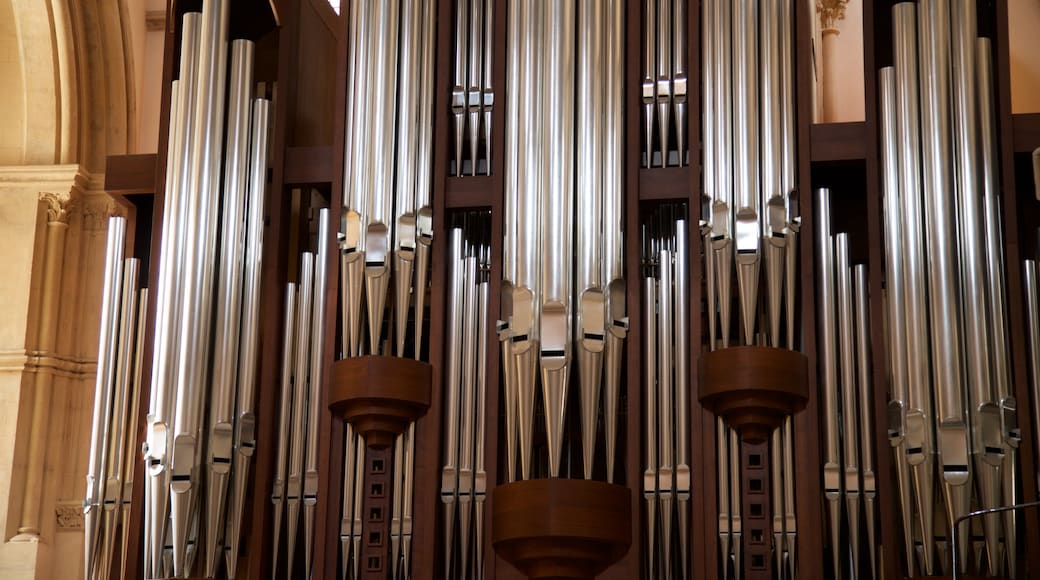The Duomo di Cosenza is one of Calabria’s most sacred landmarks. Known as Cosenza Cathedral in English, the duomo is the point around which Cosenza radiates. Learn about the structure’s captivating history, dating back to the middle of the 11th century. Trace the different styles of architecture that have been etched into the building’s façade over the centuries and go inside to find a magnificent collection of sacred artworks and relics.
Admire the cathedral’s façade from the Piazza Duomo, formerly known as Piazza Grande. It is believed the original building was established in the mid-11th century, but was destroyed in an earthquake in 1184. After rebuilding, the new cathedral was consecrated in 1222 in the presence of Emperor Frederick II of Swabia. Try to spot the different architectural styles, such as the Baroque additions from the 18th century or the Neo-Gothic details from the 19th century. Check out the façade’s four pillars and three mighty portals, topped with corresponding rosette windows.
Enter the cathedral, which is divided into three naves in the shape of the Latin cross. To your left, notice two Baroque chapels. One of the region’s most cherished works of art, a 12th-century Byzantine icon, is held here. Continue exploring to find two significant mausoleums, the tombs of Henry VII of Germany and Isabella d’Aragona.
Make your way into the apse to see the exquisite Romanesque-revival altar, which is made of carved marble, and a 15th-century crucifix. Peer into the niches below the apse to see 19th-century frescoes depicting biblical scenes. The cathedral has a modern pipe organ, which is regularly played for services and special events. Consult the schedule for organ recitals and concerts during your visit to Cosenza.
If you are interested in going even farther back in time, check out the early Christian and Roman-era archaeological sites behind the cathedral in Piazzetta Toscano.
The Duomo di Cosenza is located in Piazza Duomo in the center of Cosenza’s historic district. Reach the cathedral on foot while exploring the area’s historic streets. It is free to visit and open daily, with a brief closure at lunchtime.







